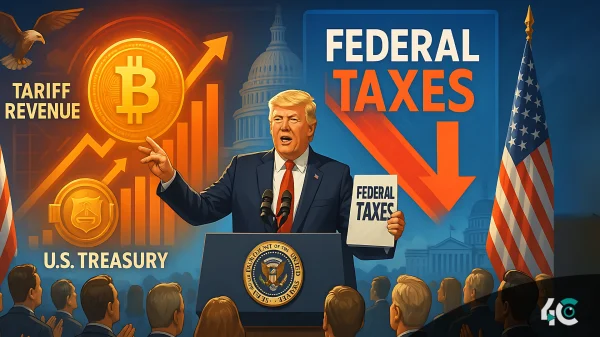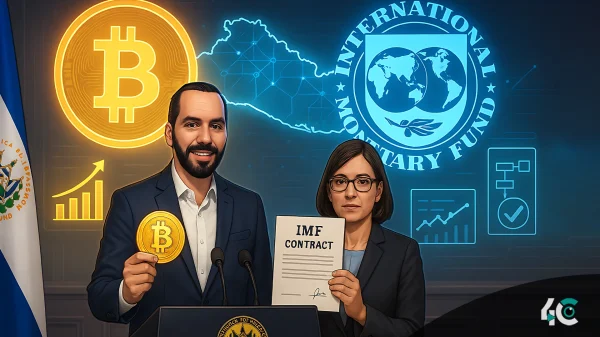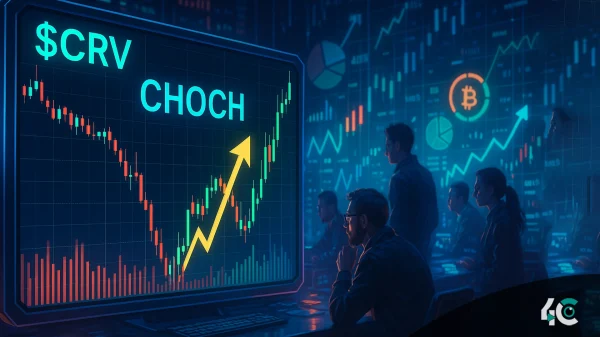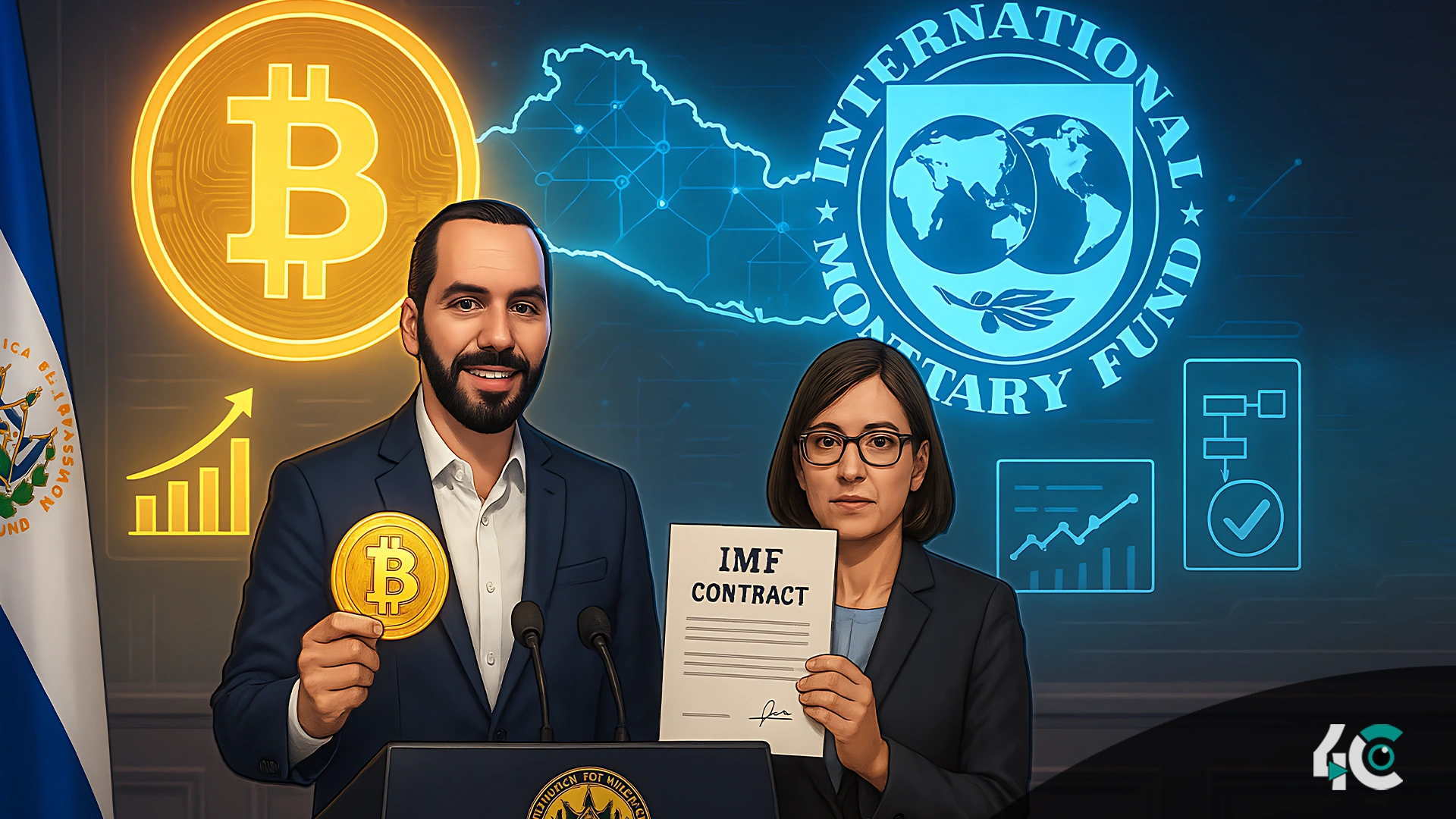El Salvador expands Bitcoin reserves quietly, balancing its growing crypto ambitions with IMF compliance to maintain economic stability and international relations.
Balancing Innovation and Compliance
El Salvador, the first country to adopt Bitcoin as legal tender, is slowly acquiring more Bitcoin despite following the terms of its IMF agreement. As per the records in blockchain prepared by El Salvador’s bitcoin office, the balance at the treasury rose to 7 additions, which is over $650,000 in the last week as of April 27.
On April 26, Rodrigo Valdes, the IMF’s Western Hemisphere Department Director, said during a press briefing that El Salvador is complying with its pledge to cease public-sector Bitcoin purchases. Valdes said that the nation’s greater economic program is focused on governance reforms, transparency, and fiscal discipline.
The $1.4 Billion Loan Agreement
El Salvador signed a loan with the IMF for $1.4 billion in December 2024, as per the condition of weakening the role of Bitcoin. Under the agreement, the country must prioritize traditional economic stability measures rather than cryptocurrency plans. However, experts say El Salvador’s current Bitcoin purchases may be done through private or non-government channels to build its crypto reserves without technically violating IMF restrictions.
Through this novel approach, El Salvador intends to maintain its pro-Bitcoin agenda while accessing the funds it needs to manage public debt and strengthen its economy.
Creative Strategies for Crypto Growth
El Salvador proves its resourcefulness to grow its Bitcoin stock in light of IMF conditions, as per the report. The government may continue to support Bitcoin adoption indirectly through private entities or decentralized mechanisms. Through these measures, El Salvador is doing its best to maintain its status as the first country not to ban Bitcoin. However, how will other countries approach this?
A Model for Other Nations?
El Salvador’s two-pronged approach is a lesson for other countries considering Bitcoin. The nation is providing a model for introducing digital currencies into national economies by matching innovative financial practices to the traditional economic expectations of an economy, without ostracizing institutions like the IMF.
The act of balancing raises the question of sustainability in the long run. El Salvador has achieved considerable crypto development with its recent move, but it highlights the difficulties of bringing new technology in line with old economies.
Conclusion
El Salvador has been quietly adding to its holdings of Bitcoin — a sign not only of faith in the nation’s crypto-first vision but also one that is compatible with its other commitments to the IMF. The nation champions Bitcoin while pursuing important economic reforms through creative solutions. As the discussion around crypto continues to unfold, El Salvador serves as an encouraging and discouraging example for countries looking to do the same.
For now, this small Central American nation is at the forefront of the intersection between cryptocurrency innovation and traditional finance, to show that careful testing of ideas can be complemented by established orthodoxies.

































